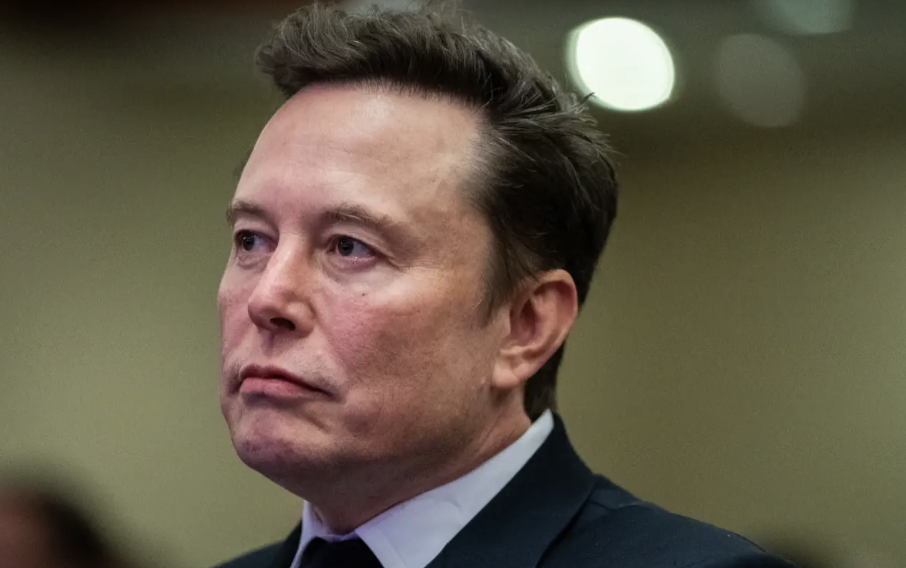DOGE Identifies Budget Line Item Issue That Made $4.7 Trillion in Government Payments 'Almost Impossible' to Track

It could be anywhere—here, there, or just about anyplace.
That’s the conclusion of the Department of Government Efficiency regarding nearly $5 trillion in taxpayer funds that have been spent without clear tracking.
“The Treasury Access Symbol (TAS) is an identification code linking a Treasury payment to a budget line item (standard financial process). In the Federal Government, the TAS field was optional for — $4.7 Trillion in payments and was often left blank, making traceability almost impossible,” DOGE shared on X.
“As of Saturday, this is now a required field, increasing insight into where money is actually going. Thanks to @USTreasury for the great work,” the post continued.
Elon Musk highlighted that this issue should no longer be a problem moving forward.
“Major improvement in Treasury payment integrity going live! This was a combined effort of @DOGE @USTreasury and @FederalReserve. Nice work by all,” he posted on X.
DOGE has sparked controversy due to the rapid pace and depth of its government spending analysis, as well as its recommendations for closing loopholes and eliminating waste.
Last week, in a video posted on X, President Donald Trump emphasized DOGE’s importance in his mission to reduce government waste.
“We’re talking about trillions of dollars,” Trump stated. “It will be, in the end, trillions of dollars being absolutely wasted and perhaps illegally. I would say certainly, in many cases, illegally.”
“I’m very proud of the job that this group of young people, generally young people, but very smart people have been doing,” he added. “They’re doing it at my insistence. It would be a lot easier not to do it, but we have to take some of these things apart to find the corruption, and we found tremendous corruption.”
“This is not some roving band. … This is methodical, and it is going to yield big savings,” Treasury Secretary Scott Bessent said last week, according to the New York Post.
WTH is really going on inside our government?
— General Mike Flynn (@GenFlynn) February 18, 2025
We’re being completely ripped off by those supposed to help protect our way of life. @elonmusk @DOGE
“DOGE says it found nearly untraceable budget line item responsible for $4.7T in payments.”@realDonaldTrump People must be…
On Monday, DOGE announced that its initiatives have resulted in an estimated $55 billion in savings for taxpayers.
“Let’s balance the budget! DOGE’s total estimated savings are $55 billion, which is a combination of fraud detection/deletion, contract/lease cancellations, contract/lease renegotiations, asset sales, grant cancellations, workforce reductions, programmatic changes, and regulatory savings,” it posted.
Although Musk is often seen as the face of DOGE, a recently released document suggests others are handling the core work, according to Newsweek.
Joshua Fisher, director of the Office of Administration, clarified Musk’s role, stating that he is “an employee of the White House Office” and “holds a position as a non-career Special Government Employee.”
“Like other senior White House advisors, Mr. Musk has no actual or formal authority to make government decisions himself,” he noted, adding, “Mr. Musk is not the U.S. DOGE Service Administrator.”